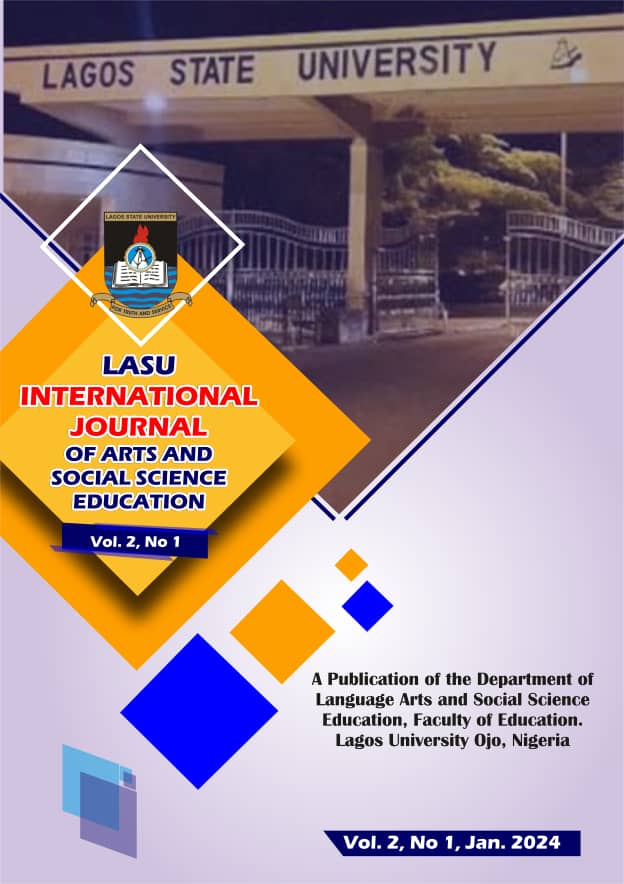EFFECT OF BRAINSTORMING INSTRUCTIONAL STRATEGY ON REFLECTIVE THINKING SKILLS OF PRE-SERVICE TEACHERS IN UNIVERSITIES IN KWARA SOUTH, NIGERIA
This study investigated the impact of brainstorming instructional strategy on reflective thinking skills among pre-service teachers in universities within Kwara South, Nigeria. Using a quasi-experimental design with a pre-test post-test approach, the research involved 20 participants (10 males, 10 females) from History Education programs. Data was collected using the Reflective Thinking Skills Scale, a 14-item survey with a five-point Likert scale ranging from Never (1) to Always (5), which demonstrated high reliability with a Cronbach's alpha coefficient of 0.89. Data analysis was conducted using paired-sample t-test for within-group comparisons and independent t-test for between-group comparisons. Results revealed a significant positive effect of brainstorming on participants' reflective thinking skills (t = 42.92, p < 0.05). No significant gender differences were observed in the impact of brainstorming (t = 1.37, p > 0.05). Similarly, no significant differences were found between pre-service teachers from public and private universities (t = 0.92, p > 0.05). The findings suggest that brainstorming is an effective instructional strategy for enhancing reflective thinking skills among pre-service teachers, regardless of gender or university type. This study contributes to the growing body of research on innovative teaching methods in teacher education and has implications for curriculum development and instructional practices in Nigerian universities.









